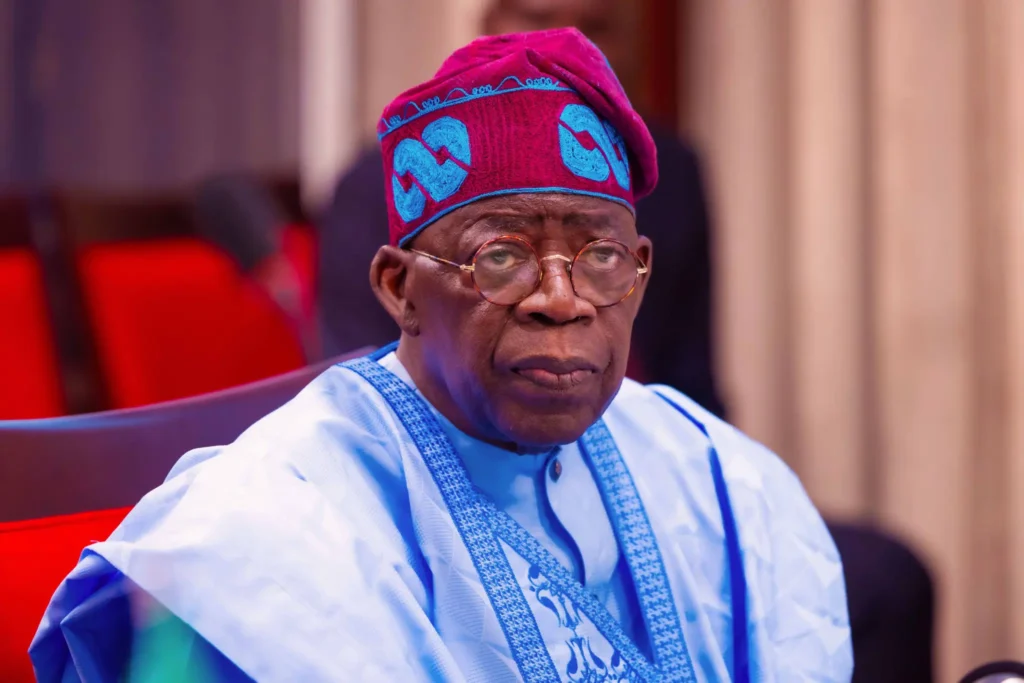
As President Bola Ahmed Tinubu marked his second anniversary in office on Thursday, May 29, 2025, reactions to his performance remain sharply divided among Nigeria’s political and economic elite.
Veteran politician and elder statesman, Alhaji Tanko Yakasai — who turns 100 this December — offered a nuanced assessment of the administration, describing Tinubu’s scorecard as “neither bright nor gloomy.” In an exclusive interview with DAILY POST, the centenarian acknowledged progress in some areas, particularly efforts to stabilise the economy amid a national crisis.
“It would be grossly unfair to say the president has not made any progress if we now consider that we are beginning to see less public complaints,” Yakasai said.
While he stopped short of praising all aspects of the administration, Yakasai noted that President Tinubu has “laid down the foundation to be able to change the economy,” even if current results are not perfect.
Looking ahead to the 2027 general elections, the statesman suggested that Tinubu currently enjoys a significant political advantage.
“For the moment, I don’t see anyone who can stake a serious claim to the president’s position,” he noted, citing the president’s influence over governors, their commissioners, state legislators, and party machinery as key strengths. Still, Yakasai cautioned that Nigeria’s political landscape is unpredictable, recalling how former President Muhammadu Buhari emerged victorious despite lacking widespread gubernatorial support.
In contrast, renowned economist and former Kano State Commissioner for Finance, Professor Kabiru Isa Dandago, delivered a far more critical verdict on the administration’s economic performance.
“When we assess economic growth, we look at employment, poverty levels, inflation, and self-reliance. If all four are worsening, then there’s no growth,” Dandago argued.
He acknowledged infrastructure developments — such as the Lagos–Port Harcourt Highway, the Imo–Maiduguri Highway, and the establishment of new regional development commissions — but stressed that these projects have yet to yield tangible economic improvements.
“Eventually, if these are well implemented, they will reduce unemployment and encourage entrepreneurship, but right now, hopes of future economic growth are still more of a promise than a present reality,” he stated.
The contrasting perspectives underscore the growing scrutiny surrounding President Tinubu’s Renewed Hope Agenda, as Nigerians continue to grapple with inflation, high unemployment, and the pressures of economic reform.
As the administration enters the second half of its term, the question remains: Will cautious optimism give way to measurable progress, or will frustration mount over unmet expectations?


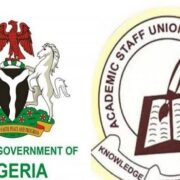

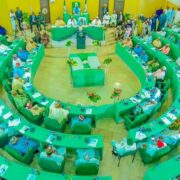
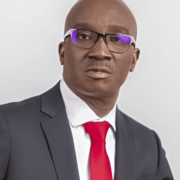
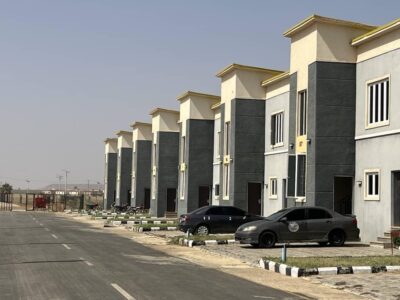
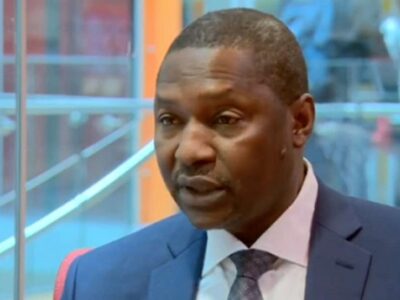
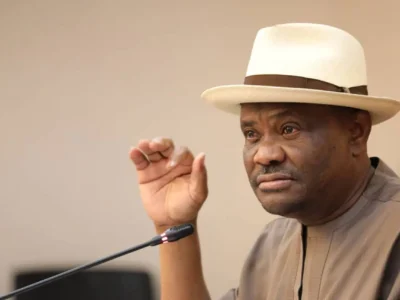
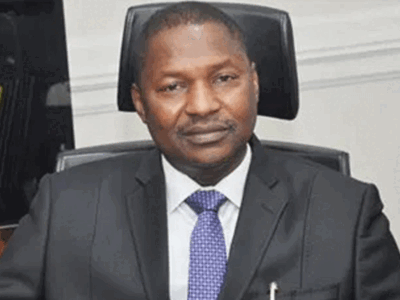









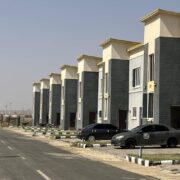
Comments